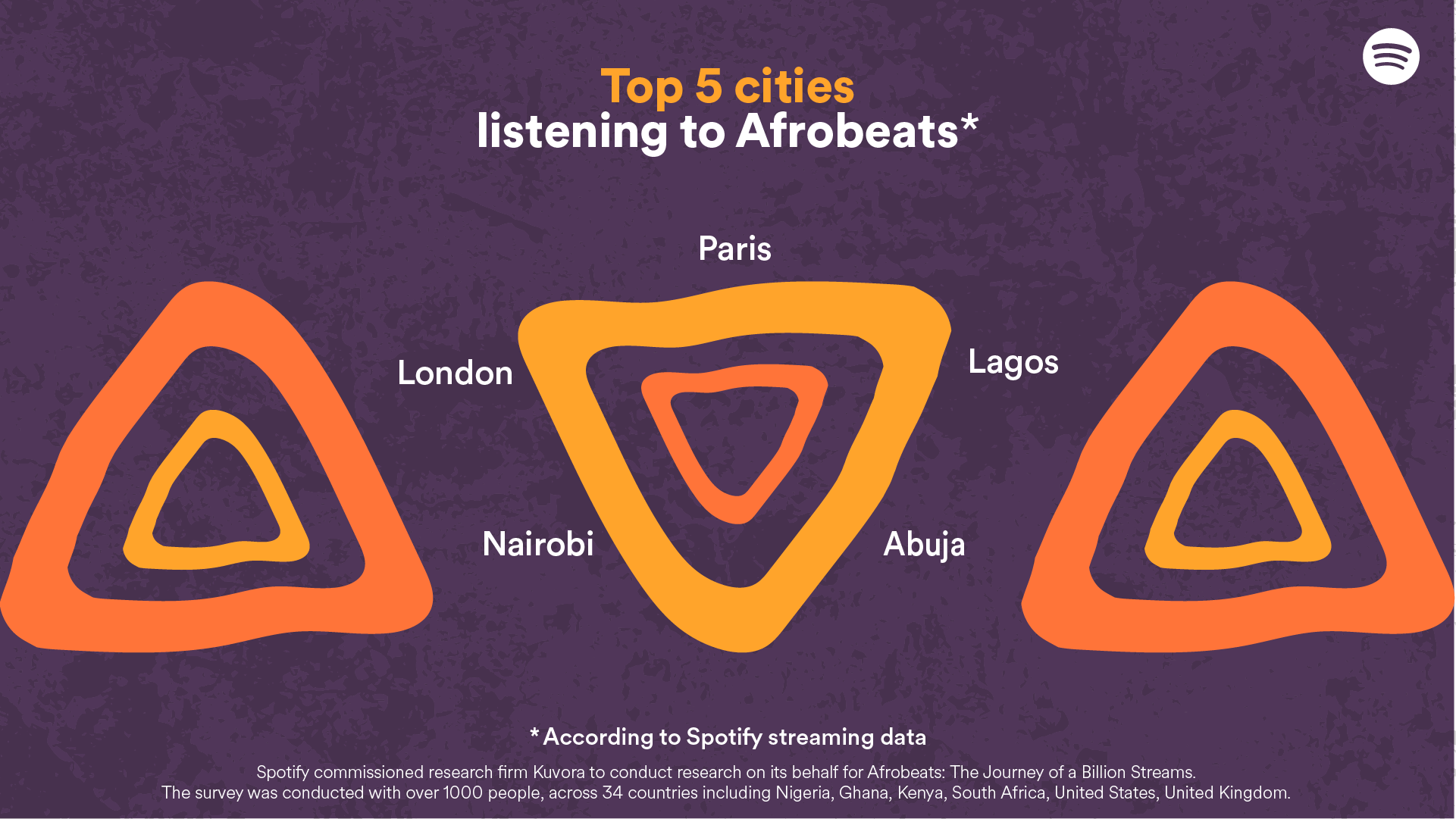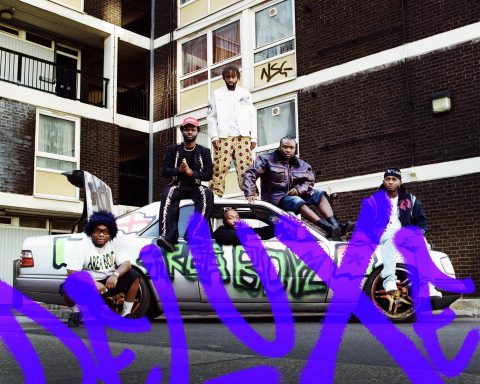This is the review of Seyi Vibez’s 2023 album. The one released in June. The ten-track album. The one with ‘Kingdom’ in its name.
These clues cannot help you narrow it down, and it is because Seyi Vibez has gone with the unusual decision to release two near-homonymous, similar-length albums two weeks apart, Vibe Till Thy Kingdom Come, the foreboding prologue, and Thy Kingdom Come, which ostensibly closes the chapter and resolves the arc he began in the previous album.
Of course, it would not be entirely surprising if he were to then release Vibe After Thy Kingdom Come or something similarly named in the near future; his propensity to release new music without proper regard to marketing strategies and publicity campaigns perhaps reflects a closer connection to music for him.
But by now we should be accustomed to the breakneck pace of his releases. June 2023 was the end of an eight month period that began with the unveiling of Billion Dollar Baby, in which time he has introduced 5 projects (including one EP and one Deluxe).
Across every project and nearly every track, his opulent ambitions are unmissable. Lagos’ Street Pop, or the Yoruba-based, supplication-heavy and slang-infused music that soundtracks its daily hustle, may now be one of Nigeria’s most popular and marketable exports, but it should never be overlooked that at its roots lies the hardship and strife of its creators.
And Seyi Vibez’s desire to claw his way out of the disadvantaged circumstances of his birth and make a better life for himself has not just been the ink to his pen but indeed the drive to his entire career.
Music, even (and especially) with Nigeria’s economic downturn, remains one of a few ways a person might legally transcend social and economic statuses in comparatively little time, so as his songs rake in streams, supportive fans help an artist come ever closer to the life he yearns for.
You feel Seyi Vibez’s desperation on the second verse of “Chance”, his most pivotal release, where he forsakes drums and horns to supplicate, very Ifa Priest–like, for the power to attract money; you see his vision for the future on the grandiloquent “Bank Of America”; you hear his heart’s utmost desires when he says plainly on “Billion Dollar”: “As I dey work, fun mi lowo bi billion dollar”.
But as all the hard work from last year began to pay off spectacularly, an ugly twist was in store. Seyi Vibez lost his mother in March, and while words can hardly describe just how excruciating that was—to lose a parent just at the cusp of attaining everything you had dreamed of—he will express this as he has done every other emotion, in music.
His lyrics betray, brave as he may try to be, the pain of his loss, but his emptiness is better felt in the things left unsaid; spaces in the album where there should be chaotic log drums, he fills with more morose horns.
A similar cloud overshadowed Vibe Till Thy Kingdom Come, but on Thy Kingdom Come the first signs of healing appear over his wounds, as he contends with the finality of loss.
So where he had once attempted to negotiate with death, (“I wish you stayed with me for a little longer” on “Blacka Rhythm”) he will now leave unfilled the hole of a lost parent (“Shey o ma te le mi lo s’odo father mi”, he tells a woman on “Professor”—the more popular saying is to ask a love interest to come home and meet your mother).
But moving on is a very gradual process, and Seyi Vibez will bring his unresolved feelings to “LOML”, having now taken the time to script something of an ode to her. “O l’oyun mi f’oshu mesan, the love of my life”, he says, in extolment of his mother’s nurturing sacrifice through the period of pregnancy, while an underused Ami Faku affirms the transcendence of the maternal connection: “I will carry you everywhere I go/ You mean everything to me”.
But until the great reuniting that happens when the kingdom comes, Seyi Vibez will seek to continue in his path underailed, to etch his mark on Nigeria and in turn the world. If anything, his mother’s loss only strengthens his resolve. “I can be the man of the year”, he choruses on the placid opener, before flipping self empowerment to become communal motivation: “You can be the man of the year, too”.
Even in declaring that are still seas to conquer, Seyi is not so ungrateful to not acknowledge the waters already crossed. He speaks of adoring fans outside the continent—“Last time I was in Birmingham/ “Seyi, we want to party””—but as always he is even more pleased to become both entertainment and inspiration to ghettos like the ones in which he was raised. They are “Jamming my song for every T-junction”, he boasts.
These words also carry the added significance of being the fulfilment of a prophecy he made on “Gbemidebe”, the Bella Shmurda–featuring release which was the first meeting between Seyi Vibez and the log drums he would naturalise to become a key element of his Fuji/Apala–Amapiano reimagination.
It is telling then that Amapiano, one half of this fusion, does not feature nearly as prominently as you would expect, as Seyi has opted for a more laid-back soundscape.
In its place, he will compensate with a greater focus on his Fuji parentage, and he describes the elements of his sound on LOML: “Give me drums, give me shekere/ Log drums, ma n’ogede”, and name-drops Fuji legend Wasiu Ayinde Marshal.
“Flakky” sports these ingredients in the setting of high pitched instrumentation, as Seyi spins on spoken-word rhymes before ramping to a more familiar percussion-driven chorus.
By now it is established how little mind Seyi Vibez pays to convention: his music taps into ancient genres when the world looks to the future; he throws out albums without asking if you are done with the last one; his “Highlife Interlude” on Thy Kingdom Come is neither highlife nor an interlude, but like every other side-step he makes from the usual, he stumbles into gold.
So if he can emerge from the loss of a precious loved one with not one, but two albums in genuine contention for music honours, it can safely be assumed that nothing can stop him. It is like he proclaims on “Flakky”: “Welcome to my dynasty”.











[…] Read more: Thy Kingdom Come Review: Seyi Vibez ushers in his dynasty arc […]